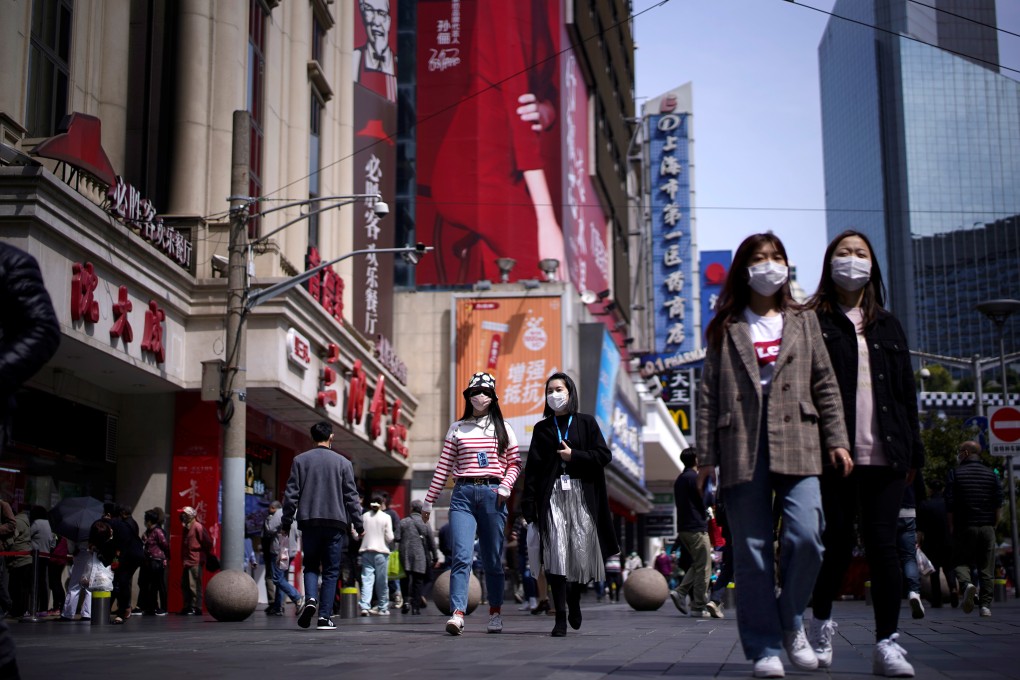Shanghai hopes pent-up consumer spending will boost economy, but poll shows big-ticket purchases have been put on hold amid gloomy outlook
- City organises 55 Shopping Festival to drive discretionary spending by residents
- Boston Consulting Group poll suggests about two-thirds of mainland consumers will not spend lavishly this year

Shen Wenbin decided on the spur of the moment to enter a lottery for a Cadillac XT5, after seeing an ad by e-commerce company Pinduoduo. The sport utility vehicle was available at a 45 per cent discount, as part of a promotion.
“It would have been a good purchase, but I was not lucky enough to win it,” the Shanghai white-collar clerk, in his early 40s, said after his name was not drawn. “To be precise, it was a great opportunity to save money.”
The SUV was sold to a lucky winner for 192,000 yuan (US$26,909), about 100,000 yuan cheaper than its average retail price, during 55 Shopping Festival, a large-scale shopping event that started this month and will run through until the end of June. It has been organised by the Shanghai government to drive discretionary spending by the residents. Mainland China’s financial and commercial capital has brought its coronavirus outbreak under control and is now looking to release pent-up demand for daily necessities as well as big-ticket items.
The city is pinning its hopes on buoyant consumer spending boosting the local economy, and has encouraged manufacturers, retailers and online-shopping platforms to offer discounts to attract shoppers.

05:59
Coronavirus: What’s going to happen to China’s economy?
Local media reported that aggressive promotions by retailers in major shopping areas such as the city’s Nanjing Road had drawn thousands of buyers who were “revenge spending” on expensive luxury watches and jewellery.